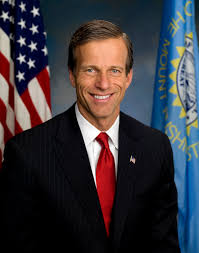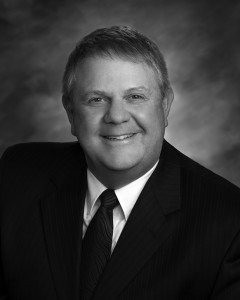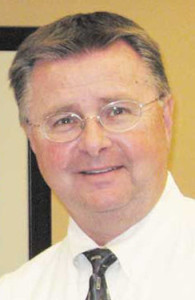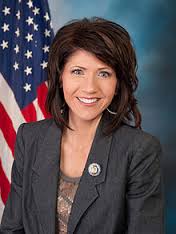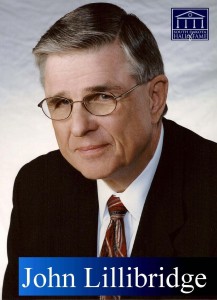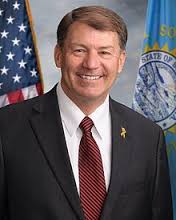
U.S. Sen. Mike Rounds (R-S.D.)
When I ran for Senate, I ran on the promise to do everything I could to repeal and replace the unworkable Affordable Care Act (ACA) and mitigate the damaging effects it was having on South Dakota families, health care providers and small businesses. After two years and a Republican entering the White House eager to work with us, the 115th Congress has finally begun the process of repealing and replacing the ill-advised law.
The Senate took the first steps recently by passing a repeal resolution, a necessary component that will allow us to repeal the law later this year by a simple majority vote. Meanwhile, the Senate continues to work on a replacement that is affordable, market-driven and truly centered around the patient. These are the fundamental principles that Obamacare has failed to deliver to the American people.
As the repeal timeline is established, there will be a transition period before its replacement is fully implemented. We recognize the need to protect healthcare benefits during this transition. There is agreement that continuation of coverage is an important part of any replacement plan. We anticipate that there will be many options made available for health care design and coverages through this replacement legislation. However, all will include a guaranteed renewal of coverage, portability of coverage and children remaining on their families’ plans until the age of 26.
Since the partisan law was enacted seven years ago, Americans have been painfully aware of its shortcomings. Supporters of the law promised that premiums would go down. Instead, they continue to skyrocket, increasing 37 percent in South Dakota this year alone. Supporters also promised that those who liked their coverage could keep it, yet since the ACA was enacted nearly 5 million Americans lost the health care plans they enjoyed.
Americans are also left with fewer health care options when seeking coverage. Because insurers are losing so much money on Obamacare, many have left the marketplace altogether. Over half of the Obamacare co-ops have already failed. South Dakota is one of nine states which have only two health care providers offering insurance plans on the exchange. Five more states have only one provider in their state, a dramatic decrease from the pre-Obamacare era.
Countless South Dakotans have contacted my office to share their problems with Obamacare. One father of three from Rapid City wrote me recently to explain that his family’s premium was rising 357 percent for 2017. “I do not know what my next year will bring,” he wrote, “but I do know that I will likely be unable to afford my premiums or my needed health care.”
Another gentleman, from Sioux Falls, is facing a 47 percent increase in his premium this year, on top of an increase in copays and the deductible. A South Dakota veteran also wrote asking Congress to provide Obamacare relief to small business owners after seeing his premium more than double from $800 a month to more than $1,600 between 2014 and 2016. Hard-working, middle-class South Dakotans “are falling through the cracks,” he pleaded. I couldn’t agree more.
Since the law was being debated in 2009, I have warned that Obamacare is unaffordable and unsustainable, and that it would eventually crumble under its own weight. That is what we are seeing today, and that is why the 115th Congress acted swiftly to begin the process to repeal it. As we continue the march toward repeal, we will also work on a replacement that is truly affordable, patient-centered and market-based.

